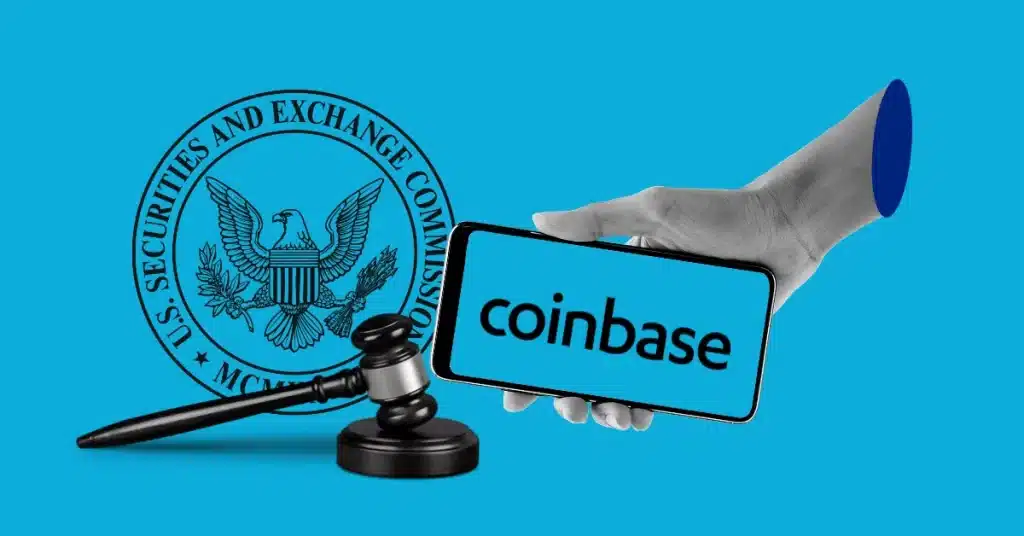Last updated on November 11th, 2024 at 10:52 am
Private litigants, including Coinbase, must seek judicial clarity regarding the U.S. Securities and Exchange Commission’s (SEC) actions. According to crypto attorney MetaLawMan, this situation reveals significant gaps in regulatory oversight. Despite substantial funding allocated to Congress for oversight, the lack of proactive measures addressing the SEC’s conduct is striking. This raises critical questions about regulatory bodies’ effectiveness and accountability to the public.
Also Read: Coinbase Pushes for Appeal, Backed by Ripple Case Developments
Concerns Over Congressional Oversight and Regulatory Accountability
The lack of Congressional supervision of the SEC is especially concerning, as citizens want their politicians to ensure that regulatory agencies operate transparently and responsibly. However, Congress has taken little action to address rising complaints about the SEC’s activities. This inactivity promotes a culture of secrecy and misunderstanding, making Bitcoin stakeholders feel increasingly marginalized.
Moreover, the SEC makes this position even worse by being less transparent, especially when dealing with information requested by the public. Lawyer John E. Deaton and his team recently made FOIA requests concerning Ethereum 2.0 and other vital issues. They used the ignorance that this information is public and should not be profiteered by the SEC. However, the responses from the SEC have been poor, with explanations that have taken longer to raise more questions about the commission’s operations.
Legal Actions Signal a Turning Point in Regulatory Dialogue
As a result of the SEC’s failure to submit to the information demands, Deaton and his crew decided to go to court. Regulatory behavior continues to evolve regarding blockchain and cryptocurrency, with this decision defining a turning point in the current debate. The legal challenge has underlined the necessity of the certainty of regulation practices and the need to disclose information.
Despite the escalating scrutiny, the SEC has provided a series of excuses for its delays, suggesting a reluctance to engage meaningfully with stakeholders. This shifting narrative raises severe concerns about the agency’s commitment to accountability. As the legal battle progresses, many are left pondering the implications for the cryptocurrency industry and the future of regulatory practices in the United States. The outcome of this conflict may ultimately reshape the relationship between regulatory bodies and the evolving digital asset landscape.
Also Read: Coinbase Files Motion Seeking CFTC Documents in SEC Lawsuit


